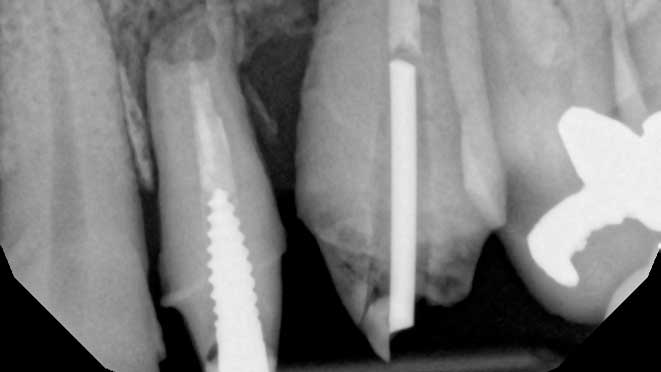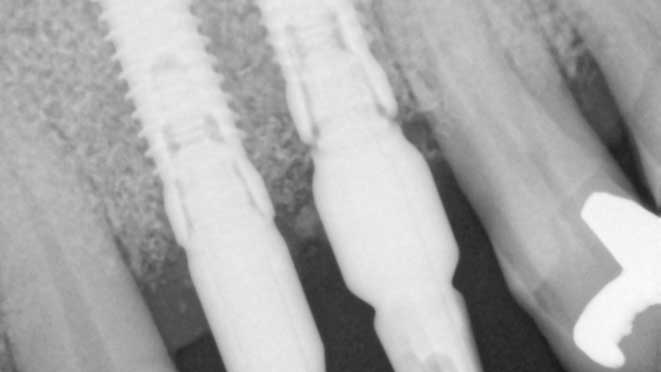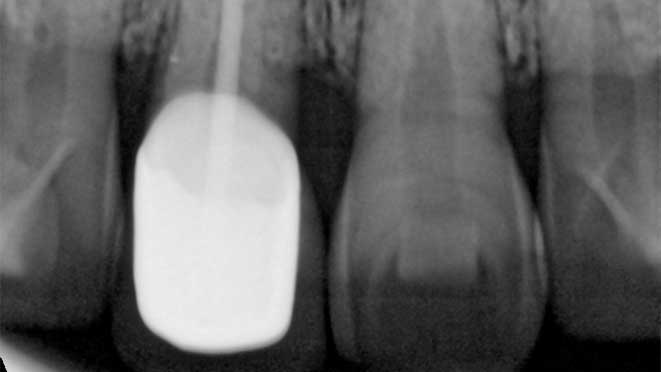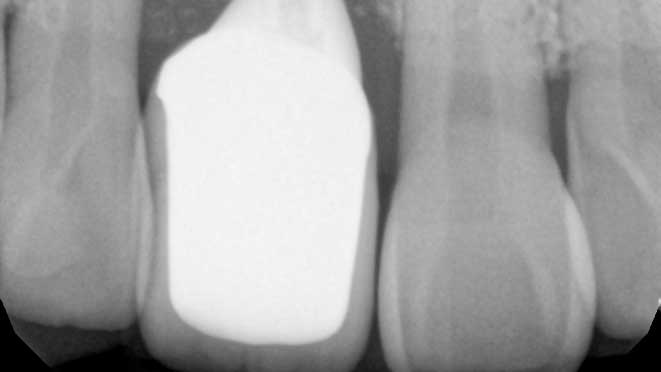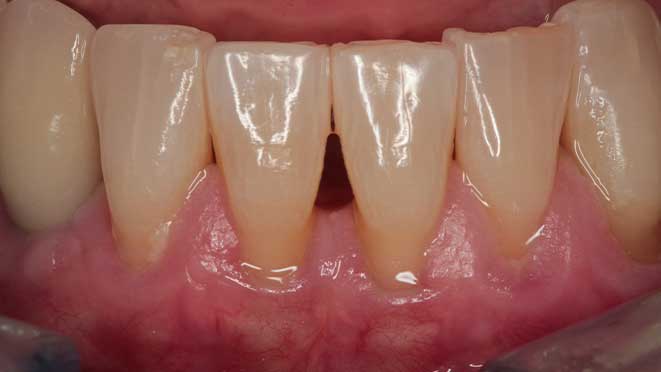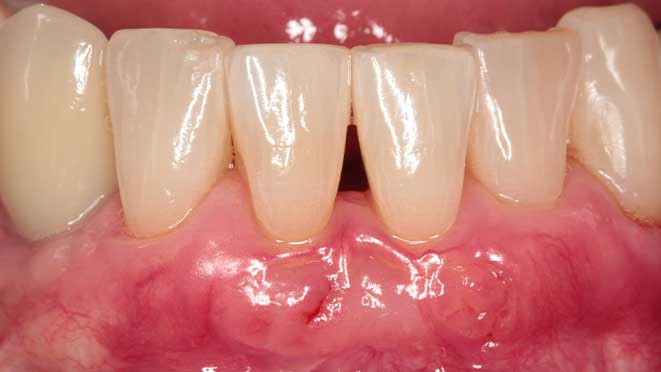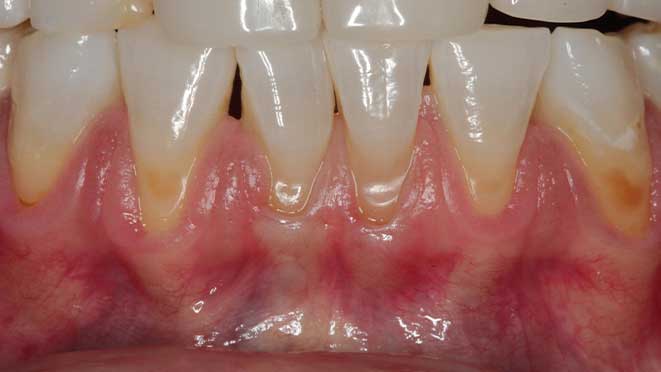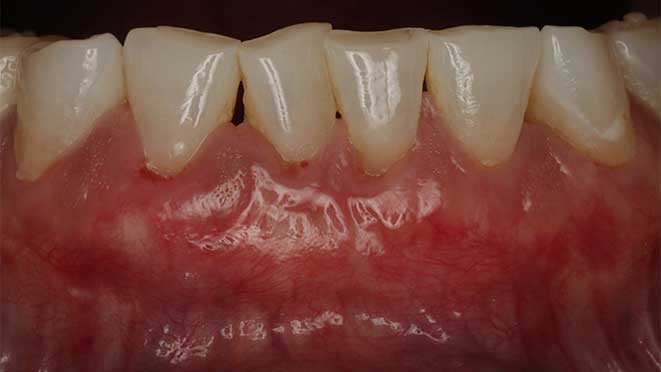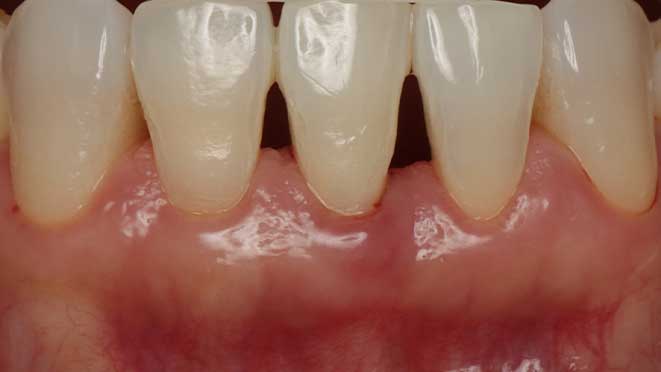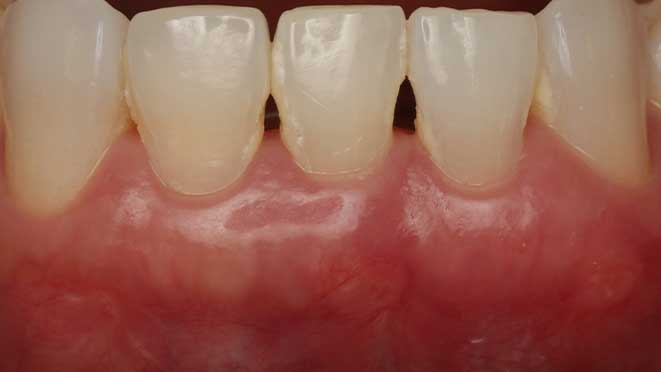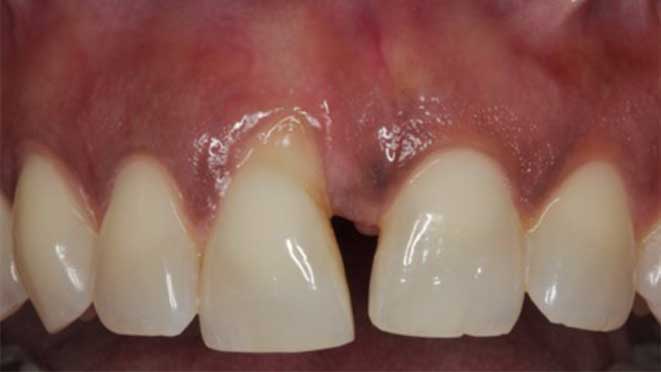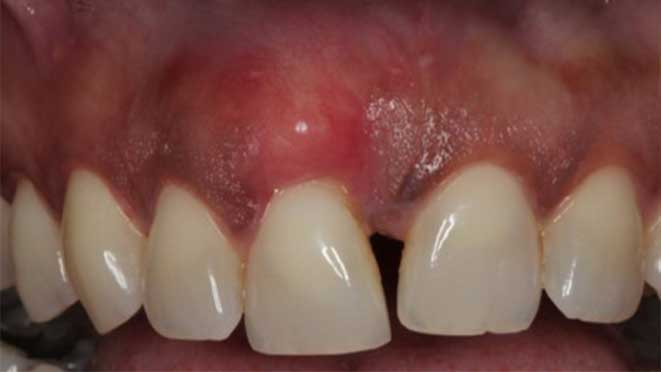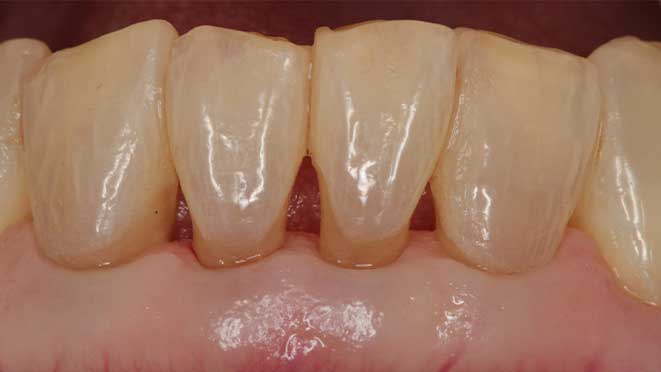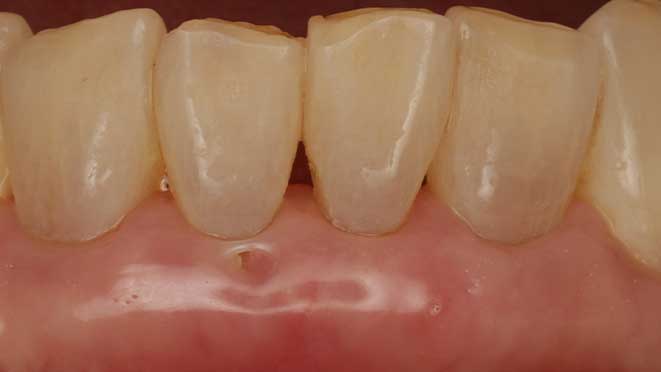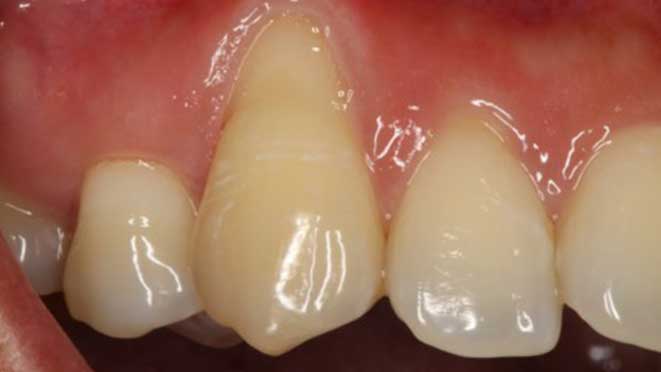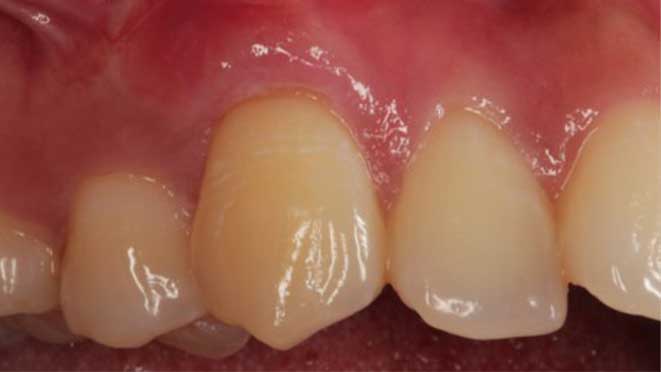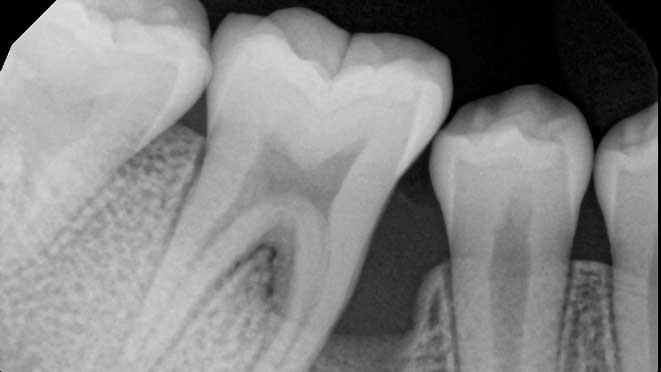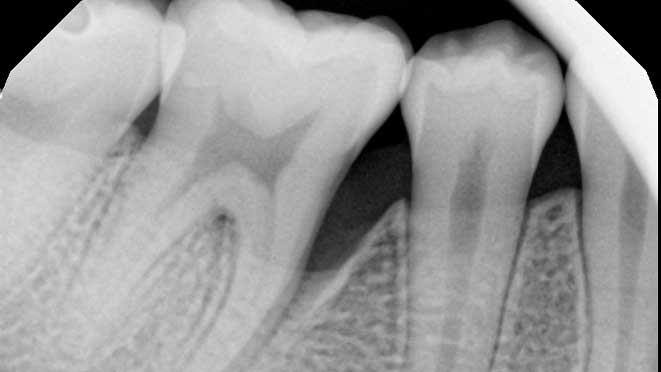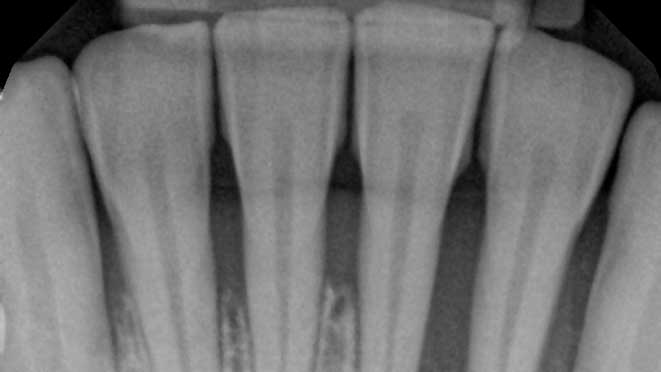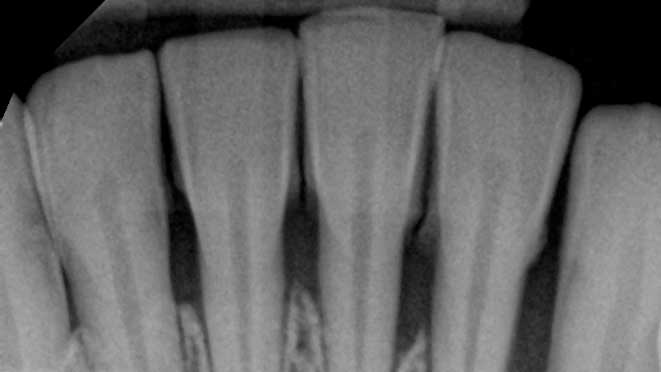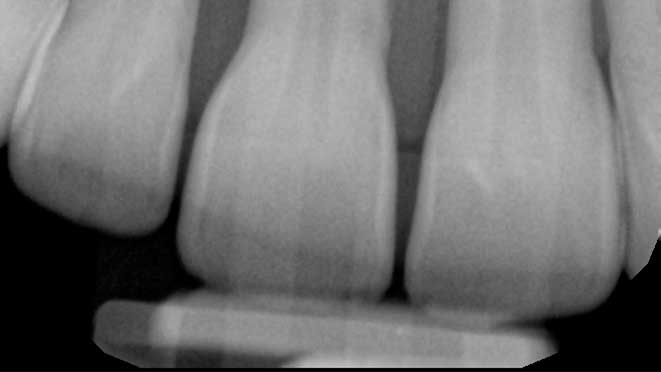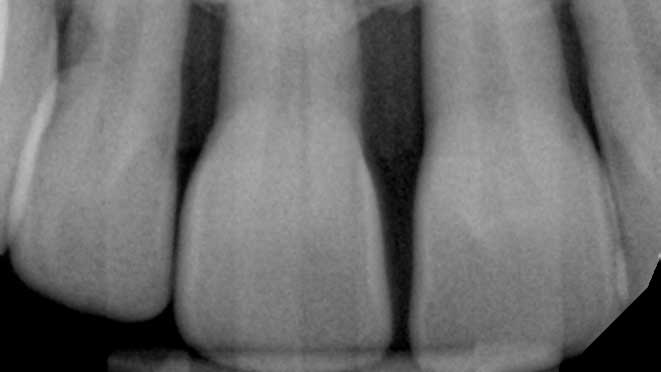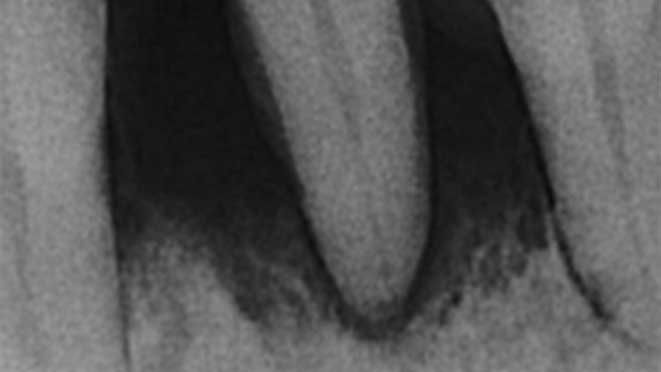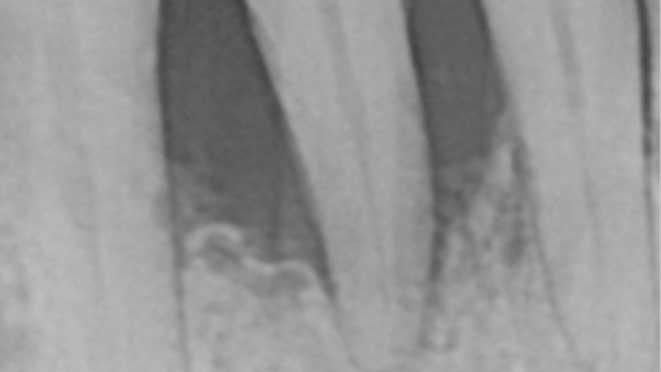Plaque And Tartar Build Up
When plaque and tartar build up on your teeth and gums, they can cause inflammation and infections. The body's immune response to these infections can lead to swelling and bleeding gums, a sign of early gum disease. But the damage doesn't stop there. Recent research has shown that the inflammation caused by gum disease can also lead to inflammation in other parts of the body, including the heart.
One specific protein in the Streptococcus bacteria has been linked to an increased risk of heart disease. This protein, called PadA, can cause platelets to stick together and form clots. These clots can block blood flow to the heart or brain, leading to heart attacks or strokes.
Several recent studies have supported the link between gum disease and heart disease. One study found that people with gum disease were twice as likely to have heart disease, while another found that people with gum disease had higher levels of inflammation in their blood vessels. Studies have also shown that certain populations, such as older adults and people with diabetes, are at higher risk for both gum disease and heart disease.
Fortunately, there are steps you can take to reduce your risk of both gum disease and heart disease. Maintaining good dental hygiene is key, including brushing your teeth twice a day, flossing daily, and using mouthwash. Regular dental check-ups and cleanings are also important for early detection and treatment of gum disease. But dental health is just one piece of the puzzle. Other lifestyle factors, such as eating a healthy diet, quitting smoking, and staying active, can also lower your risk of heart disease.
Conclusion:
Taking care of your teeth isn't just about having a bright smile – it's also crucial for protecting your heart health. Gum disease has been linked to inflammation, infection, and an increased risk of heart disease and stroke. By prioritizing your dental hygiene and making heart-healthy lifestyle choices, you can take control of your overall health and wellbeing. Don't neglect your teeth – they might just be the key to a healthy heart.


